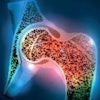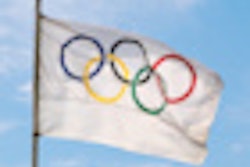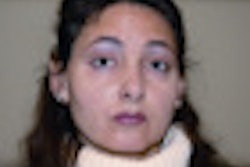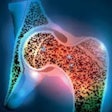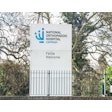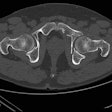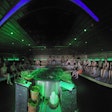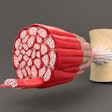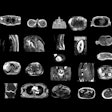
NEW YORK (Reuters Health) - So-called therapeutic ultrasound, commonly used to treat soft-tissue injuries, can be an alternative to MRI for detecting bone stress injuries, according to a U.K. research team.
"We are not talking about ultrasound imaging, but therapeutic ultrasound, i.e., the stuff that physiotherapists use," said senior author Dr. Nicola Maffulli in an email.
Dr. Maffulli, from Barts and the London School of Medicine and Dentistry, and colleagues compared therapeutic ultrasound with MRI in 113 elite track and field athletes with clinical suspicion of bone stress injury.
MRI -- the gold standard -- "is not always available, it is not portable, and it requires time and a specialized setting," Dr. Maffulli told Reuters Health. "Ultrasound obviates all these issues and can be used in the field."
On MRI, three athletes (2.7%) were normal, six (5.3%) had stress fractures, and the rest had intermediate bone stress injuries manifested by periosteal edema and marrow signal abnormalities. Five athletes had multiple bone stress injuries.
Compared with MRI, therapeutic ultrasound showed 81.8% sensitivity, 66.6% specificity, 99.0% positive predictive value, 13.4% negative predictive value, and 81.4% accuracy for the diagnosis of stress injuries, according to a report online February 23 in the American Journal of Sports Medicine.
Sensitivity was much higher for grade 3 injuries and actual stress fractures (95.1%) than for lower grade (1 and 2) bone stress injuries (44%).
"In the past, therapeutic ultrasound has been proposed as a cost-effective, alternative investigative tool for the diagnosis of stress fractures," the investigators wrote. "Therapeutic ultrasound can be performed by physical therapists or athletic trainers in medical facilities of training centers as soon as the clinician suspects the presence of a stress fracture or a stress reaction."
"Further studies should be undertaken to assess sensitivity and specificity of therapeutic ultrasound in different locations and to correlate therapeutic ultrasound with each MRI grade," the authors conclude.
In the meantime, Dr. Maffulli said, "Given the results that we produced, we have now essentially discarded MRI as the primary investigation when we suspect such conditions. We still use MRI in dubious/complex cases."
Also, he said, "We plan to use ultrasound as a monitoring tool in patients who suffered a stress reaction and are rehabilitating from it."
By Will Boggs MD
Last Updated: 2012-03-29 15:10:19 -0400 (Reuters Health)
Source: http://bit.ly/HlHydv
Am J Sports Med 2012.
Copyright © 2012 Reuters Limited. All rights reserved. Republication or redistribution of Reuters content, including by framing or similar means, is expressly prohibited without the prior written consent of Reuters. Reuters shall not be liable for any errors or delays in the content, or for any actions taken in reliance thereon. Reuters and the Reuters sphere logo are registered trademarks and trademarks of the Reuters group of companies around the world.


